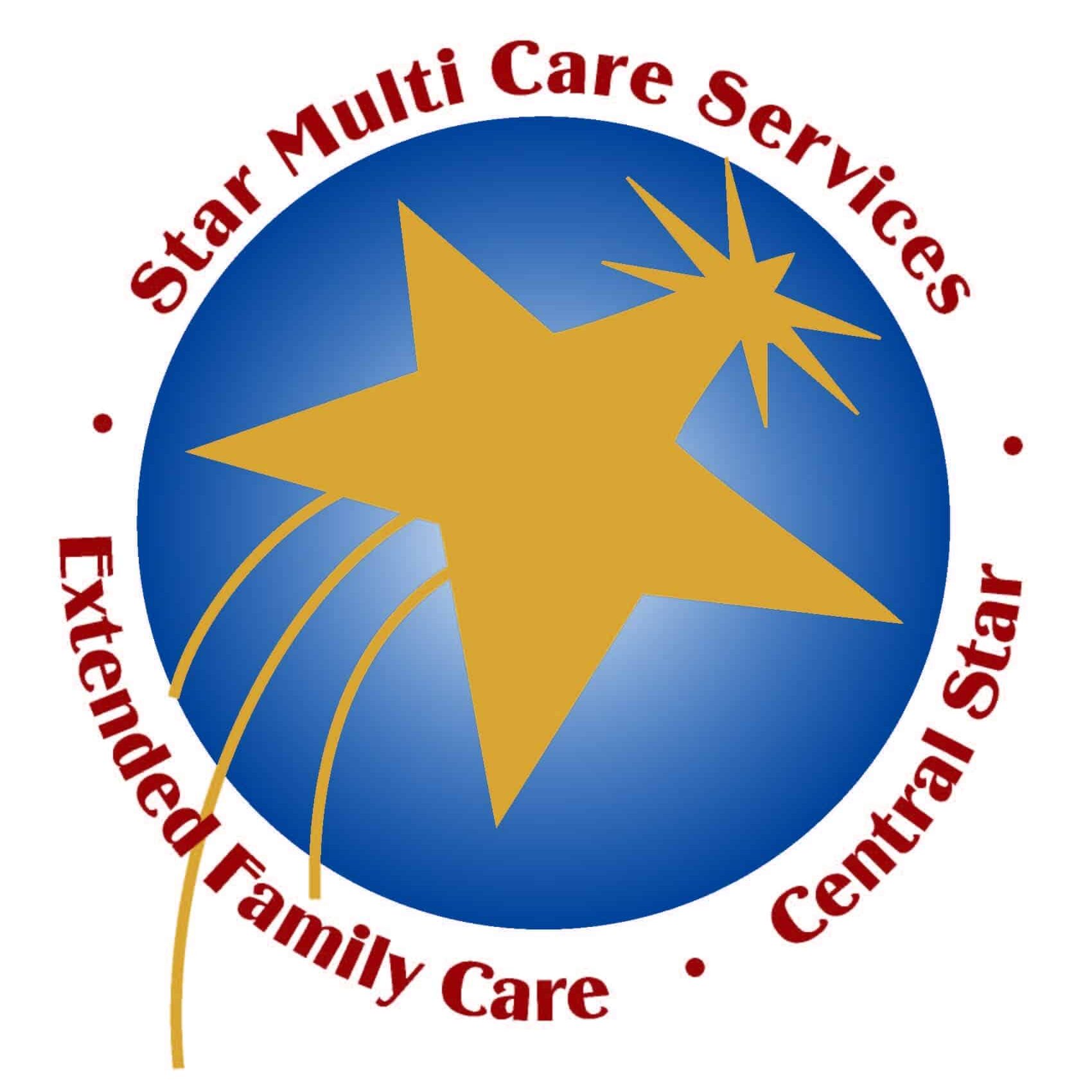Talking about end-of-life preferences and related issues is often a challenging conversation. It can be so challenging that too often people avoid them for way too long. When it is time to transition to hospice care services, however, it’s time for families to have those important talks.
Understanding why it’s so tough to have these conversations can help families overcome the difficulty.
Denial

One big cause of avoiding this conversation is plain old denial. Death and dying are not easy to accept, which means talking about end-of-life wishes becomes impossible. It can also be difficult for people who are terminally ill or experiencing declining health to accept that they’re reaching the end of their lives. The problem is that denial means that important decisions get put off, sometimes for far longer than they should be. This has a direct impact on quality of life.
Emotional Discomfort
There is a lot of emotional discomfort in talking about end-of-life issues. People who would benefit from hospice care may find it incredibly uncomfortable to contemplate the final stages of life. There are lots of different emotions involved, especially if the person nearing the end of life feels as if much is being left undone or unsaid. Family members can be equally uncomfortable bringing up these essential topics.
Cultural and Religious Beliefs
Sometimes cultural and religious beliefs have a lot to do with how easy, or how difficult, it is for families to talk about end-of-life concerns. There may be traditions or beliefs around death and dying that conflict with a medical provider’s recommendations. This can make it difficult for families to talk openly about how hospice elder care might be helpful to beloved family members near the end of life.
Uncertainty and Fear of the Unknown
So much about the end of life is unknown. That means that there’s a lot of uncertainty about what is happening and what might happen next. This can be overwhelming. The loss of control as well as worries about pain or suffering can cause families to avoid talking about hospice and what it can do. Fear of the unknown can shut down possibilities, making it more difficult for people to get care that helps them during this phase of life.
Hospice Care Can Help with Advance Care Planning
One of the features of hospice that many people don’t realize is available is that it can help them with advance care planning. People nearing the end of life don’t have to figure it all out before qualifying for hospice care. The hospice team can help them determine what they want during this time in terms of medical treatments and other preferences.
Opening up the lines of communication and talking about the transition to hospice care is not an easy thing to do. Tackling these conversations sooner rather than later is always a better option. If families are still having trouble, hospice supportive care can help them make informed decisions about future care, finding peace and comfort along the way.
If you or an aging loved one are considering Hospice Care Services in Nassau County NY, please contact the caring staff at Star Multi Care today. Call (631) 424-7827
Star Multi Care is a Trusted Home Care Agency serving Long Island and in NYC including Dix Hills, Floral Park, Great Neck, Huntington, Manhasset, Massapequa, Northport, Plainview, Rockville Center, Stonybrook, Suffolk County, Nassau County, and Queens County.
- Health Benefits of Yoga for Seniors - April 24, 2025
- How Does Hospice Care Help Aging Adults Plan for the End of Life? - April 16, 2025
- Ways a Client Advocate Can Improve Your Loved One’s Quality of Life - April 9, 2025

